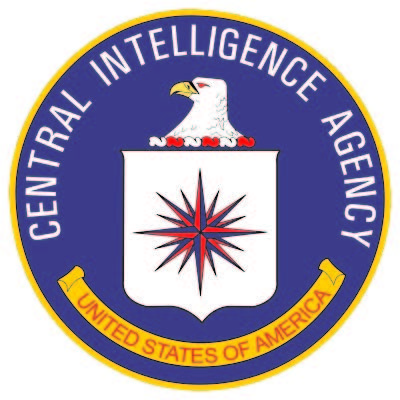
WASHINGTON:
US intelligence officials were considering on Tuesday whether to ask the department of justice to open a criminal investigation into the suspected leak of a classified counter-terrorism document to a website, a US official familiar with the matter said. The intelligence officials were preparing a criminal referral over the publication on “The Intercept” website of a document that provides a statistical breakdown of the types of people whose names and personal information appear on two government data networks listing people with supposed connections to militants, the official said.
The document was published by The Intercept on Tuesday, but because it was dated August 2013, some US media reports speculate that a second leaker besides former US spy agency contractor Edward Snowden had begun to send classified documents from inside the US intelligence community to the media. An official familiar with the matter said, however, that the government does not know for sure that a second leaker exists. The apparent leak involves information on the Terrorist Identities Datamart Environment database (TIDE) and the Terrorist Screening Database, according to the document.
The document posted by The Intercept, a multi-coloured graphic classified “secret,” says 680,000 names are “watchlisted” in the Terrorist Screening Database, an unclassified data network which is used to draw up more selective government watchlists. It says 280,000 of the 680,000 people are described by the government as having “no recognized terrorist group affiliation.” Around the same number of people on the list have suspected connections to several specific militant groups, including al-Qaida, Hamas and Hezbollah, it says.
The graphic says the more selective lists include a “no fly” list totalling 47,000 people who are supposed to be banned from air travel and a further “selectee list” of 16,000 people who are supposed to get extra screening by security personnel before being allowed to board aircraft. The graphic says the screening database is in turn extracted from TIDE, a larger, ultra-classified database which contains 320,000 more names than the unclassified one, as well as raw intelligence information excluded from the screening system.
Because the graphic carries a “secret” classification, an official said, the agency which generated it, The National Counterterrorism Center, is obliged to consider submitting a referral to the department of justice, which then can decide if a criminal investigation should be opened into the leak. Snowden, who has worked closely with two founders of The Intercept, writer Glenn Greenwald and filmmaker Laura Poitras, left his post as a National Security Agency contractor in Hawaii in May of last year.
He is not known to have had access to any secret materials since then. Last month, The Intercept, which is financed by eBay founder Pierre Omidyar, also published a lengthy document setting out the criteria and procedures by which names are placed into terrorist watchlist databases. That document was labeled “Unclassified/for official use only/sensitive security information.”




Be the first to comment